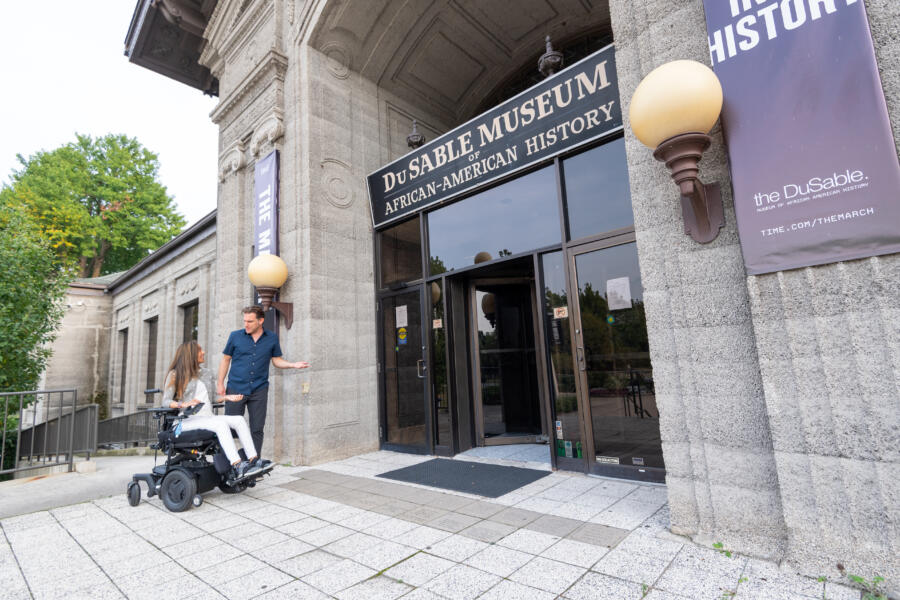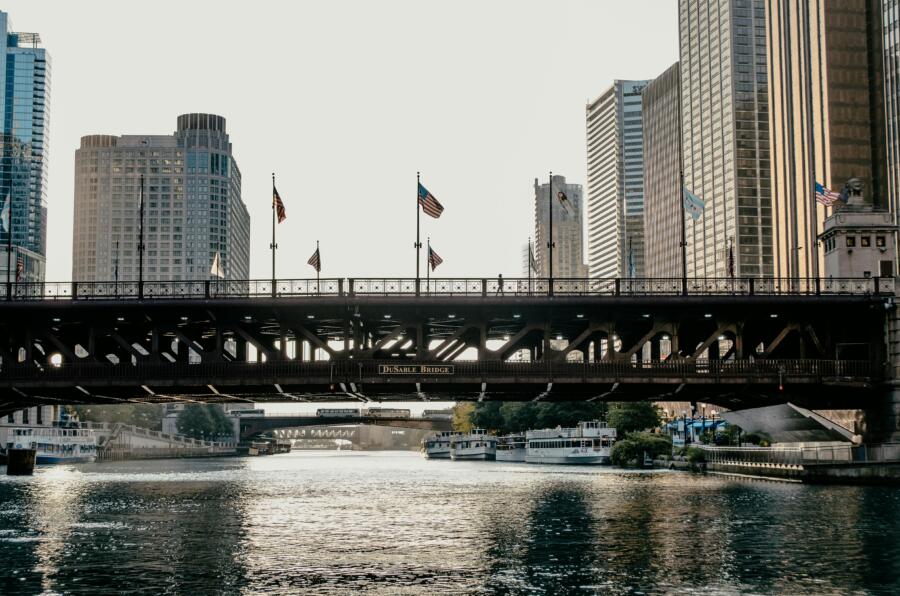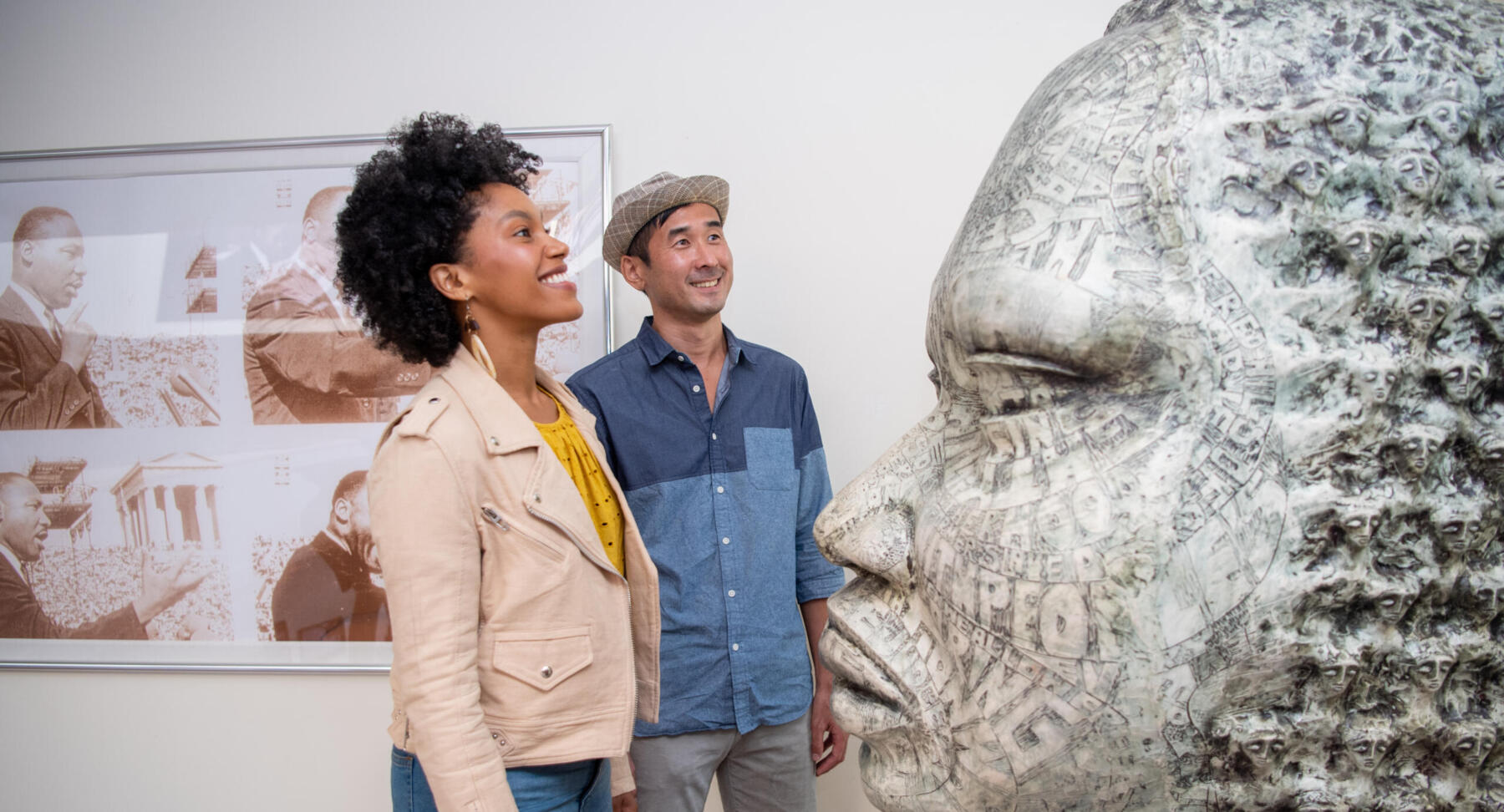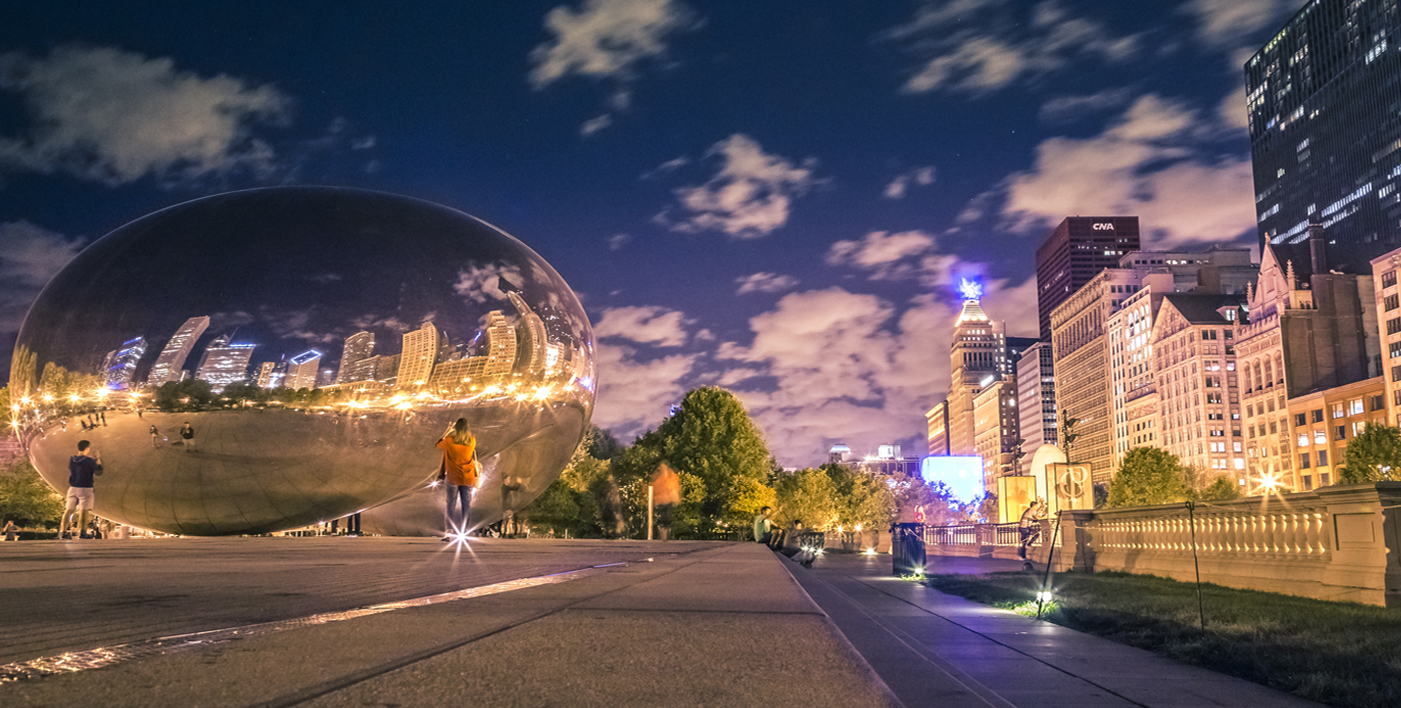Haitian heritage runs deep in Chicago. The city has a special connection to the Caribbean nation — Jean Baptiste Point du Sable, Chicago’s first permanent non-Indigenous settler, is believed to be of Haitian descent.
Today, you’ll find elements of Haitian cuisine, history, and culture throughout the city. And since May is Haitian American Heritage Month, there’s no better time to get out there and experience it all for yourself.
In this article
History of Haitians in Chicago
Perhaps Chicago’s most famous Haitian resident is the city’s founder, Jean Baptiste Point du Sable. Born to a French father and an enslaved African mother in Haiti, Du Sable was an entrepreneur who settled in the area that would become Chicago by 1778.
Du Sable married Kitihawa, a Potawatomi woman, and had two children. Kitihawa played a crucial role in establishing a strong relationship with the Indigenous community and allowing du Sable to create a permanent residence in the area.

The couple set up their homestead on the banks of what would one day be known as the Chicago River, making du Sable the first non-Indigenous resident of what the Potawatomi called “Eschecagou”. The estate included a smokehouse, dairy, workshop, stable, and more.
More than a century later, Haitian culture would be on display at Chicago’s 1893 World’s Columbian Exposition. Haiti was the only Black nation with a pavilion at the Fair’s White City, which featured countries from around the globe.
Haitians began immigrating to Chicago in earnest in the mid-1960s, though groups of people from Haiti might have been living here as early as 1917.
Today, du Sable is honored in various ways across Chicago:
- DuSable Black History Museum and Education Center: Chicago is home to the nation’s first independent museum celebrating Black culture.
- DuSable Lake Shore Drive: One of the city’s most iconic streets, this lakefront stretch was recently renamed to honor Jean Baptiste Point du Sable.
- DuSable Bridge: The bridge that spans the Chicago River on Michigan Avenue is named for du Sable and features a bronze bust of his likeness.

Chicago museum celebrating Haitian culture
Located near Chicago’s culturally diverse Uptown neighborhood, the Haitian American Museum of Chicago first opened in 2012. The space was created by Elsie Hector Hernandez, originally from Haiti, who founded the museum to share her passion for Haitian culture.
The museum boasts a vibrant collection of Haitian art and hosts regularly rotating exhibitions for the community. They also offer programs that support Haitian artists, educational events, hands-on workshops, and immigration services.
Haitian Flag Day events
Held every year on May 18, Haitian Flag Day honors the anniversary of the Haitian flag’s official adoption in 1803. The day commemorates Haiti becoming an independent nation and is celebrated worldwide.
Here are a few events celebrating Haitian Flag Day in Chicago this year:
- Haitian Flag Day Community Festival
- Free admission at the Haitian American Museum of Chicago
- Haitian Flag Day Party at Bassline
- Haitian Flag Day Party at Masada
Haitian cuisine in Chicago
Chicago’s dining scene is a global melting pot, influenced by culinary traditions from all over the world. That includes Haitian cuisine, which blends elements of Creole, African, and Caribbean ingredients and techniques.
Here’s where you can find a taste of that rich culinary tradition at Haitian restaurants in Chicago:
- Lior’s Cafe on the South Side offers authentic Haitian cuisine in a warm and inviting atmosphere.
- Kizin Creole Restaurant in the Rogers Park neighborhood has been serving classic Haitian dishes for more than a decade.
- Haitian Food By Maggy lets you enjoy home-cooked Haitian staples at home with delivery and takeout options.




